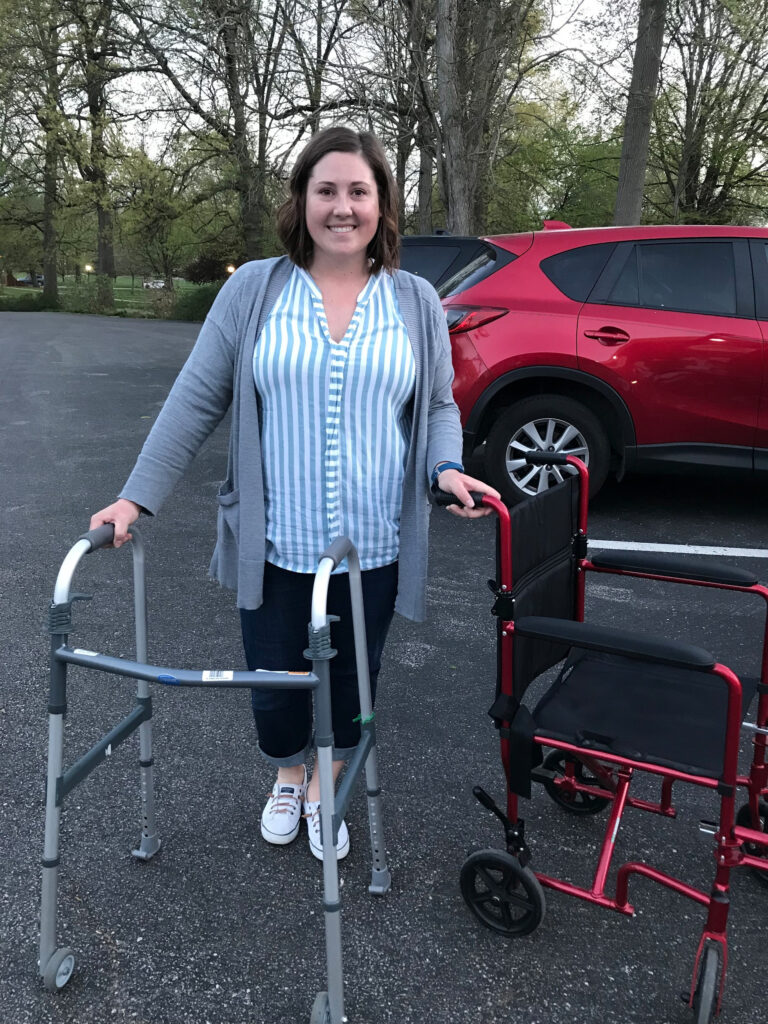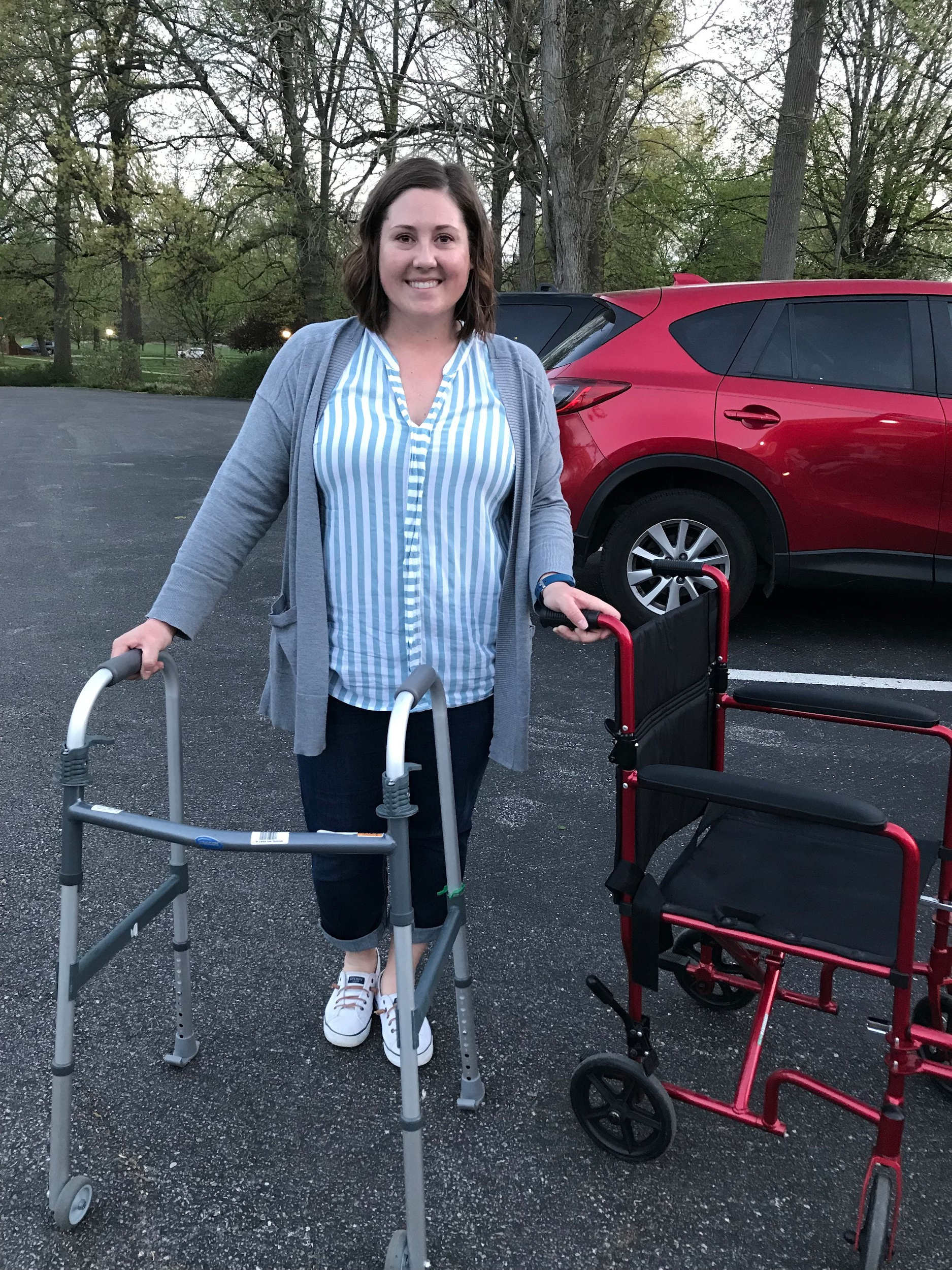
By Caylin Dean, Contributing Writer
McKendree University is one of the few schools in the area that offers a pre-professional program for occupational therapy; therefore, attracting much attention from prospective students who are interested in the career. Occupational therapy (OT) is a form of rehabilitation that examines a patient holistically and assists them in recovering from an injury, living with a disability, or participating in everyday meaningful activities that help them lead a life of meaning and purpose.
OT is a great field that is very diverse in opportunities and is growing in popularity. Due to some upcoming changes, those interested in the profession may want to consider their options before they commit.
Just as physical therapy mandated in 2015, those achieving a degree in occupational therapy will now be required to obtain a doctorate, or OTD, versus the master’s, or MSOT, which was previously the highest requirement. Practicing OT’s, as well as those that will acquire their degree prior to 2027 will be grandfathered in and their master’s degree will be sufficient for employment. To gain some perspective on the topic, I spoke to Jackie Hay, a practicing OTD, OTR/L, who also teaches the introductory occupational therapy class at McKendree.

Dr. Hay noted the controversy that this mandate is causing in the world of OT, “Opponents of the mandate argue that this regulation would discourage students from pursuing this profession due to the rising costs of higher education. Others against the mandate suggest that the advanced degree would not necessarily lead to more job opportunities or higher salaries.” However, there are those in favor of the change, “Proponents of the mandate believe that with a doctorate-level degree, entry-level practitioners would be better prepared to take on administrative roles, research projects, and clinical practice. The doctorate curriculum lends itself to advanced, specialized learning opportunities as well as the application of evidence into program development and patient care.” When prompted on her view of the mandate, Dr. Hay responded, “Personally, I empathize with those who are against the mandate, but I also understand those who wish to elevate the profession. I believe that students should have the choice between a master’s degree and a doctorate degree, but I am grateful that I earned my doctorate degree at entry-level.”
In any healthcare profession, there may be instances of life and death decisions; granted, OT is not necessarily one that contains these kind of determinations on a daily basis, but unfortunate occurrences can happen. For instance, it is always possible that the OT may utilize the wrong treatment or be unaware of an underlying conditions and inadvertently do more harm or cause a different trauma. By enforcing a universal doctorate mandate, it promotes the likelihood of adequate treatment through additional educational requirements, which is why I believe that the doctorate is the way to go.